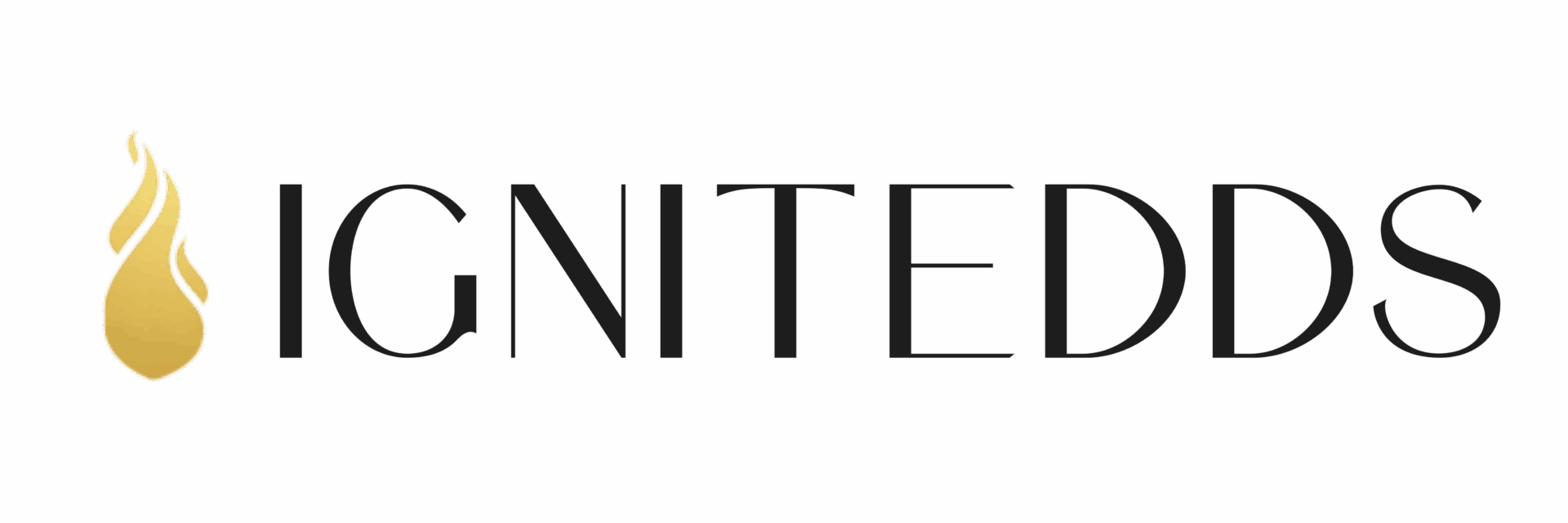On our first episode of Dental Fuel, we have Dr. Tony Mennito.
Dr. Anthony Mennito (Tony) is a private practice dentist and an adjunct faculty member at the MUSC College of Dental Medicine in Charleston, South Carolina.
His dental practice, Expertise Dental, focuses on using technology to comprehensively care for his patients while helping to enhance the aesthetics of their smiles.
He is an experienced user of digital systems made by Planmeca, Dentsply Sirona, 3Shape, and iTero and is heavily reliant on digital design and 3D printing for treatment planning complex cases.
He lectures nationally and internationally and currently has 21 published papers on digital dentistry and dental materials.
In this episode, Dr. Mennito talks about a clinical mistake he made, how he grew from that mistake, and how communication is key.
🎙️ Listen to Dental Fuel Episode 1 on Apple Podcasts
Clinical Mistake: Transcript
Dr. Tanya Sue Maestas
Dr. Mennito, welcome to Dental Fuel. How are you doing?
Dr. Tony Mennito
Doing great, happy to be here! Excited for this!
Dr. Tanya Sue Maestas
Me too, I’m excited for this. Can you tell us a little about your background and how you came to be the Dr. Mennito?
Dr. Tony Mennito
Sure, I actually have had kind of a weird career.
I started out in private practice right out of dental school, in a Medicaid practice actually doing a lot of high volume, saw a lot of kids which I never thought I would do.
From there, transitioned into academics, and was a full-time academician for 12 years, and then transitioned out of academics back into private practice.
I practice now 3 days a week in a relatively high-end cosmetic practice and am also doing some consulting for some technology companies as well.
So it’s a nice mix of different things to break up the week which I love.
Dr. Tanya Sue Maestas
I love that! Can you tell us a little about a clinical mistake that you can remember making in your career so far, how you handled it, and how it helped you grow?
Dr. Tony Mennito
Yes, of course. Well you know the reality is I have been practicing for 20 years so the number of clinical mistakes I have made is beyond my ability to recall.
I will tell you about the first set of implants I ever placed on a patient and it was really actually well done the day of and I left the procedure feeling really, really good about it but for whatever reason 2 of the 3 implants failed.
And you know anytime you replace a single tooth you have options right, you can do an implant if the implant fails you can do a bridge.
Well, this was a situation where I needed all 3 implants to work, if the implants didn’t work we had to fall back on a partial denture, and let’s face it, is not really a great option for our patients.
So, to say the least, when the first implant failed it was really disappointing, but I held out hope for the other 2 but then the second one failed, and then it was really hard at that point because as a practitioner you are disappointed, and the patient is disappointed.
The one thing that I learned over the course of my career is that you cannot communicate enough with your patients. Luckily we had talked about this quite a bit before the procedure, the potential for complications.
In her case, she is a little bit medically compromised and we knew the bone in the area we were placing these implants was a little bit sketchy it was very soft bone even though it was in the mandible.
So luckily we had talked about this as a possibility but nevertheless I honestly still lose sleep over situations like this still 20 years in the practice when I have something that I think should have gone differently based off of my education. The day of, we did guided implants went exactly where they should have, everything looked great on the day of surgery, and then it was up to biology at that point, and biology was not on our side.
Very disappointing, but I think the fact that I had communicated with the patient a lot prior to that appointment, didn’t make it more palatable, but the patient was more understanding knowing that was a possibility going in.
Dr. Tanya Sue Maestas
How did you get past that not being able to sleep? You know one of my favorite things I have heard you say is, “they are just teeth”.
But in this instance, I feel like the situation was maybe a little bit bigger than that. To process that and be ready to come back the next day to work and do it all over again, how do you get past that?
Dr. Tony Mennito
I think the way you get past it is the opportunity to do it again the next day. And that is maybe the best part of our profession. We don’t necessarily have time to dwell on those outcomes that don’t go our way.
To be honest, this is not a strength for me, I expect, not perfection from myself but, I expect a very high level of dentistry from myself so when I fall short of that it is very difficult.
You have hit a bit of a sore spot here because this is definitely not a strength and I may not be the one to ask about this but I have been working on it a lot over the years and I try to give myself some grace knowing that not everything is always in my control for one, and knowing that quite honestly, I have trained my butt off, my attention to detail is always there for every patient. I know I am doing my part to make sure that the outcome is going to be successful.
And sometimes you know, dentistry is hard, and if you are a new dentist who’s just starting out, I am sorry to tell you that dentistry is hard and you are going to have some instances where it’s going to kick your butt quite honestly and you are not going to be happy with the result you get for any number of reasons.
We work in a tough profession and attention to detail, details that we have to hit, and the marks we have to hit are so fine that you are not going to get there every time but as long as you are confident that you did your best, and willing to make it right if you have an outcome that doesn’t work out for a patient.
Say you cemented a crown that has an open margin, you have to be ok with cutting that crown off and redoing it at no charge to the patient. That is how I sleep at night quite honestly, standing behind my work. It doesn’t get easier as you get older but you have less of those instances because you are able to avoid those pitfalls a little bit better.
Dr. Tanya Sue Maestas
Dentistry is hard, and I think that we all fall into trouble and you know everyone’s experiences and how they manage difficulty is very valuable and I appreciate you sharing that.
Connect:

